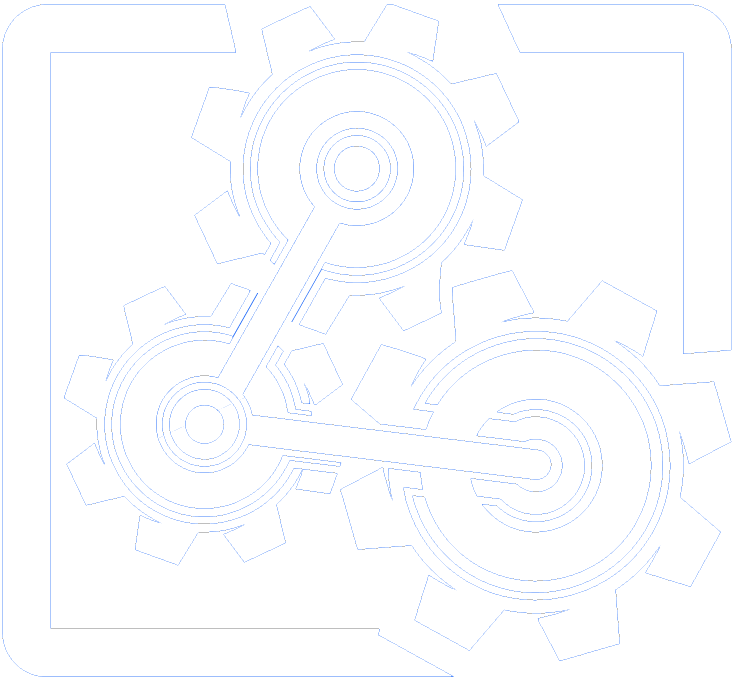2-fer Tuesday #5 Aspirations to Greatness, vs Actions for Progress
** This piece is part of my ongoing “2-fer Tuesday” series where I share critical distinctions in how to view and think about the world that may help you see things more clearly - which then supports better thinking, firmer decision making, and wiser action taking. **
Aspirations to greatness are a very potent source of inspiration, drive, determination, and other valuable qualities that help us keep our head up, eyes forward, and focus locked onto our vision for success. But as important as they are, aspirations alone don’t magically turn into upward progress, for without action “important” aspirations can become flaccidly impotent. Therefore, we need to be sure to activate the rest of our mind and body to put effort into “measures that matter” in our real world dynamics. Demonstrable progress here is achieved by setting clear goals and taking firm actions.
Yet, we must not allow our mind, eyes, and hands to linger too long in our immediate circumstances tracking efficiency gains, checklists, spreadsheets, and other “next steps” without being sure to check our maps against the territory, find our North Star, and confirm that we going upward as well as onward. In other words, we need to make sure our progress is aligned with our purpose.
Here at Catalyst I support my clients in their efforts to connect aspiration with action, and progress with purpose, by encouraging them to develop their own unique strategy of “Engaging in Betterment.” I write elsewhere on the general importance of cultivating a growth mindset around betterment, but here I want to focus on the fundamental importance of implementing a variety of exercises, experiments, and simple action steps in our day to day lives In short, to link aspiration and action as “Engagement,” and frame the long term journey of progress to greatness as a consistent process of “Betterment.”
So what does “Engaging in Betterment” look like?
Simply put, it is all about finding the edges of your comfort zone and taking tiny steps forward, one at a time. What happened? How did it meet or not meet expectations? How did other people react, or not react at all? Most importantly, what have you learned here? About the world? About your relationships? About yourself?
Much of my work centers on the basic principle that Leadership, all Leadership, comes down to behavior. People on your team may not have any idea of your thoughts, plans, feelings, or anything else going on inside of you, but you better believe that they can see your actions, your words, your proclamations, and how much these things align. They can also see your body language, your eye movement, the tone, inflection, and timbre of your voice. Who you smile at, and who you don’t. How you acknowledge the teams wins, and more importantly, how you respond when they come up short. So again, Leadership is behavior. And the higher up the ladder you go, the greater the impact that your behavior has on the lives of more and more people.
Therefore, like most Coaches, I encourage my clients to examine how they show up in the eyes of others to give proper context to how they may feel or think about approaching their Leadership development journey. But beyond just thinking about it, we brainstorm together on ways they might experiment with small behavior changes, specifically around areas that feel “problematic,” to explore how other people actually do and don’t respond as predicted.
These experiments with new behaviors also allow us to get real data on how WE might not respond as predicted, or more to the point, how we may have historically responded in previous chapters of our lives. And looking to the future, new behavior patterns ultimately solicit new reaction and response patterns in those around us, even if this last part can occasionally take a pretty long time to unfold.
In short, new behavior patterns create a new reality for our team to experience, allow us to update our reality maps with the most current information, and invite those around us to update theirs as well with more current and accurate versions of who we are in their minds.
In other words, we can change our reality and change the reality of others, all for the better, by embarking on a journey of daily “Engagement in Betterment.”
And who knows how many different kinds of Greatness we might achieve along the way?

